Best Water Softener Systems for Home & Industry
Everything You Need to Know About Water Softeners & Softener Systems
Hard water can wreak havoc on plumbing systems, appliances, skin, and even energy bills. Despite being safe to drink, water with high mineral content (mainly calcium and magnesium) can be costly in the long run. That’s where a water softener or softener system comes in—transforming your water supply, extending appliance life, and improving daily comfort.
This guide dives deep into the world of water softening, exploring the science, system types, installation factors, and cutting-edge innovations behind modern softener systems. Whether you're a homeowner tired of soap scum or a facility manager facing scale buildup in industrial systems, this article is for you.
- Everything You Need to Know About Water Softeners & Softener Systems
- What Is a Water Softener?
- How Does a Softener System Work?
- Types of Water Softeners
- Benefits of Using a Water Softener System
- Choosing the Right Softener System for Your Needs
- Installation and Maintenance Tips
- Common Issues and Troubleshooting Tips
- Innovations in Modern Softener Systems
- Conclusion: Invest in Better Water, Invest in Better Living
- Frequently Asked Questions
Everything You Need to Know About Water Softeners & Softener Systems
Hard water can wreak havoc on plumbing systems, appliances, skin, and even energy bills. Despite being safe to drink, water with high mineral content (mainly calcium and magnesium) can be costly in the long run. That’s where a water softener or softener system comes in—transforming your water supply, extending appliance life, and improving daily comfort.
This guide dives deep into the world of water softening, exploring the science, system types, installation factors, and cutting-edge innovations behind modern softener systems. Whether you're a homeowner tired of soap scum or a facility manager facing scale buildup in industrial systems, this article is for you.

What Is a Water Softener?
A water softener is a filtration device designed to remove hardness minerals (mainly calcium and magnesium ions) from water through ion exchange, chelation, or membrane separation. It helps prevent scale buildup, protects appliances, and improves water usability.
Hard Water vs. Soft Water
Hard water contains dissolved minerals like calcium and magnesium.
Soft water is treated to remove these minerals, making it gentler on skin, pipes, and devices.
How Does a Softener System Work?
Most residential and commercial softener systems rely on ion exchange, where hard water passes through a resin bed that replaces calcium and magnesium ions with sodium or potassium.
Main Components of a Softener System
1.Mineral Tank: Where ion exchange occurs.
2.Brine Tank: Holds the salt or potassium chloride solution.
3.Control Valve: Automates regeneration cycles.
Types of Water Softeners
1. Salt-Based Ion Exchange Softeners
These systems are highly effective at removing hardness and work by exchanging calcium and magnesium ions with sodium ions. Best for moderate to very hard water.
2. Salt-Free Conditioners
Often marketed as softeners, these do not remove minerals but rather condition them to prevent scale formation. Ideal for eco-conscious users and areas with moderately hard water.
3. Dual Tank Softeners
These systems feature two resin tanks, allowing for continuous soft water production even during regeneration cycles. Ideal for high-demand households or commercial use.
4. Magnetic or Electronic Descalers
Attach to your pipe system and use electromagnetic pulses to alter mineral behavior. Less reliable and typically not suitable for very hard water.
Benefits of Using a Water Softener System
Installing a softener system provides both immediate and long-term improvements to water quality and household systems.
1. Cleaner Plumbing and Fixtures
Prevents limescale buildup in pipes, faucets, and showerheads.
2. Longer Appliance Lifespan
Reduces stress on water heaters, dishwashers, and washing machines.
3. Softer Skin and Smoother Hair
Soft water is gentler on skin and scalp, making showers more pleasant and reducing dryness.
4. Lower Energy Bills
Water heaters perform more efficiently without scale insulation, saving energy.
Choosing the Right Softener System for Your Needs
Selecting the correct system depends on water hardness levels, household size, budget, and local regulations.
Test Your Water First
Use a home test kit or hire a professional to determine hardness levels (measured in grains per gallon or ppm).
Consider Grain Capacity
Match the softener’s grain capacity to your household’s daily water usage and hardness level. A typical family of four with 10 GPG hardness needs a system rated around 32,000 grains.
Salt vs. Salt-Free Systems
Salt-based systems are more effective, but salt-free units are maintenance-free and more eco-friendly.
Installation and Maintenance Tips
Proper installation and regular maintenance ensure your system functions optimally for years.
DIY vs. Professional Installation
While some systems are DIY-friendly, professional installation ensures proper plumbing connections and warranty compliance.
Regeneration Scheduling
Most systems regenerate at night. High-end models offer metered regeneration that triggers only when needed, saving water and salt.
Regular Salt Refilling
For salt-based systems, keep your brine tank filled with clean, dry salt. Use solar or pellet salt for best results.
Common Issues and Troubleshooting Tips
Even the best systems can face hiccups. Early diagnosis prevents costly repairs.
Low Water Pressure
Clogged resin beads or bypass valve issues may restrict flow. Flushing the system can help.
Water Feels Slippery
This is common with soft water and not a defect—it simply means the minerals are gone.
Salt Bridges or Mushing
Salt may harden into a solid mass or form sludge, preventing proper regeneration. Breaking up the salt or cleaning the tank can resolve this.
Innovations in Modern Softener Systems
Technology is transforming traditional water softeners into smart, sustainable systems.
Wi-Fi Connected Systems
Remote monitoring and alerts for low salt, high usage, or error codes.
Eco-Friendly Regeneration
Some systems optimize regeneration using AI algorithms, reducing salt and water usage.
Portable Softeners
Compact systems for RVs and travel now offer soft water on the go, using rechargeable resin beds.
Conclusion: Invest in Better Water, Invest in Better Living
Whether you're battling stubborn limescale, dealing with inefficient appliances, or simply seeking a more comfortable daily routine, a water softener system is a smart, long-term solution. From homes to industrial settings, soft water offers real, measurable benefits.
By choosing the right softener system, maintaining it properly, and staying informed about the latest technologies, you ensure that your investment pays off in performance, comfort, and peace of mind. Don’t let hard water hold you back—soften your life today.
Frequently Asked Questions
Q1: How long does a water softener system last?
Most systems last 10–15 years with proper maintenance. Resin beads may need replacement after 8–10 years.
Q2: Is softened water safe to drink?
Yes, but those on low-sodium diets should consider potassium-based softeners or install a separate drinking water filter.
Q3: Do softener systems remove iron or chlorine?
Not typically. If your water contains iron, manganese, or chlorine, consider a dual-system setup or add specialized pre-filters.
Q4: Can I use a water softener with a septic system?
Yes. Studies show no negative impact, especially when using metered regeneration systems.
Q5: How do I know when to add salt to my softener?
Check the brine tank monthly. Modern systems often alert you automatically when salt levels are low.




Request More Information or Expert Advice
Share a few details, and we’ll provide deeper insights, tailored suggestions, or product support.

A water softener is a specialized filtration system designed to remove hardness-causing minerals, primarily calcium and magnesium, from water. Hard water can lead to scale buildup in pipes, appliances, and fixtures, reducing their efficiency and lifespan. By using an ion exchange process, water softeners replace these hardness minerals with sodium or potassium ions, effectively softening the water.
Water softeners are widely used in residential, commercial, and industrial applications to improve water quality, enhance appliance performance, and prevent plumbing issues. Softened water also provides benefits such as better lathering of soaps and detergents, reduced soap scum, and improved efficiency of water heaters and other appliances. With their ability to extend the life of plumbing systems and reduce maintenance costs, water softeners are an essential solution for managing hard water problems effectively.

Our 500 LPH Reverse Osmosis (RO) System is engineered to provide high-quality purified water for commercial applications. Designed with advanced RO technology, durable components, and a user-friendly interface, this system ensures consistent performance, low maintenance, and long-term reliability.
With its compact design and robust skid-mounted frame, it’s an excellent choice for businesses that demand efficiency and quality in water purification.

TWV series Reverse Osmosis (RO) systems are pre-engineered and pre-assembled units with 2.5”/4” membrane housings(single element type)for tap water(lower TDS).They are designed for overall superior performance, high recovery rates and offer great savings with low maintenance and operation costs.

TWF series Reverse Osmosis (RO) systems are pre-engineered and pre-assembled units with 4” membrane housings(multiple elements type) for tap water(lower TDS) .The medium large volumes can help meet your a variety of commercial and industrial applications. They are designed for overall superior performance, high recovery rates and offer great savings with low maintenance and operation costs.
© 2026 AQUALITEK. All rights reserved.

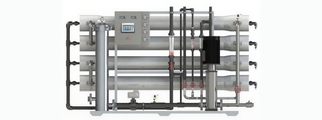
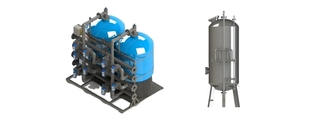
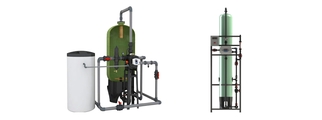
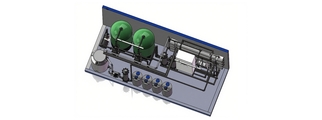
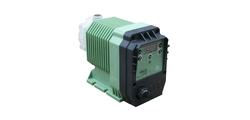
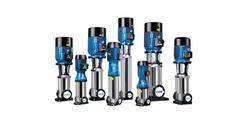
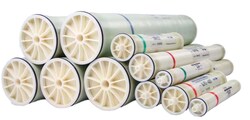
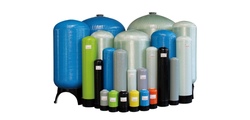
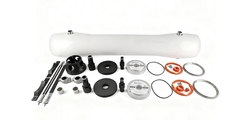
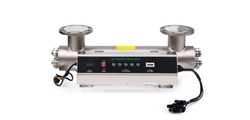
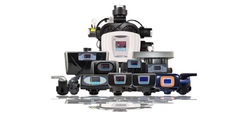
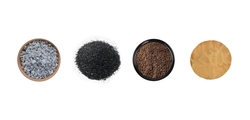
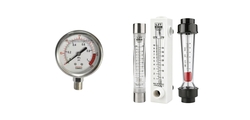
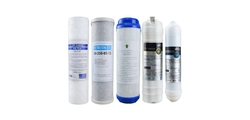
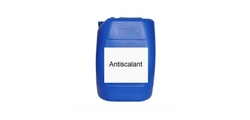
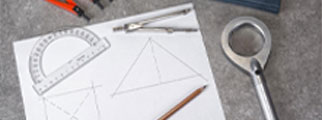



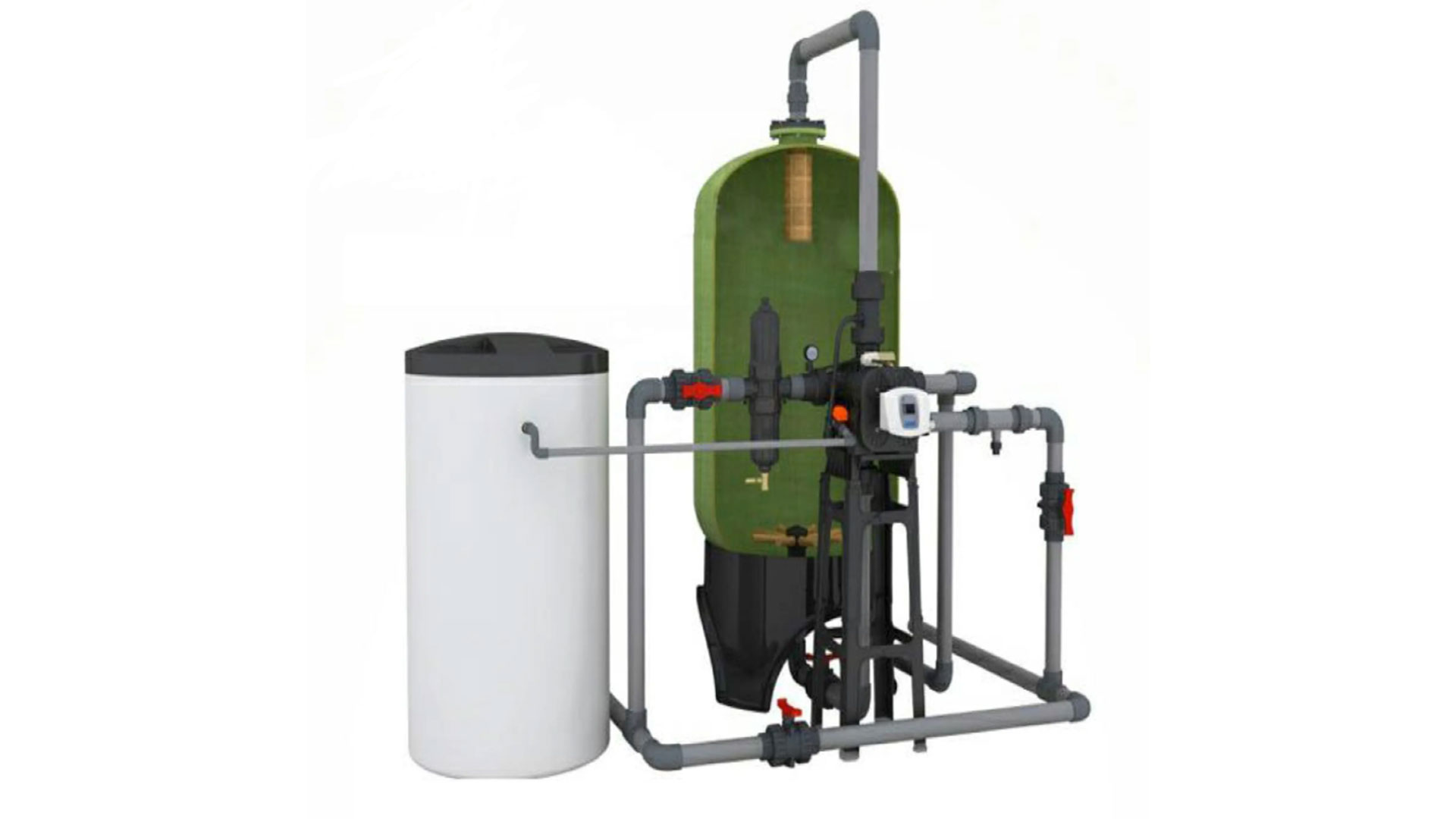
AQUALITEK- Aimee Hoo
AQUALITEK - Aimee Hoo